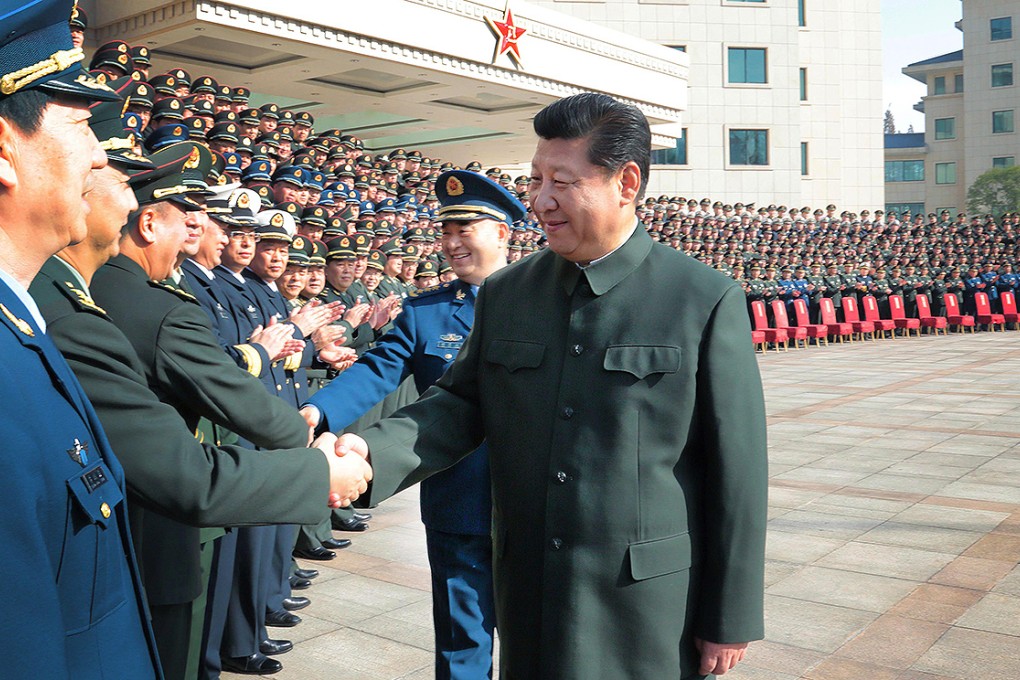China president stresses Marxist materialism in effort to silence critics
Xi reaffirms his personal commitment to traditional philosophy as he seeks to unify Politburo's stance on China's way forward

President Xi Jinping sought to silence critics at both ends of the political spectrum on Friday by using a Politburo study session to underscore his commitment to Marxism and socialism, analysts said.
The Politburo squeezed a collective study session on Marxist dialectical materialism into its tight schedule, a year or so after it held a similar one on historical materialism.
In his speech to the Politburo session, Xi stressed that dialectical materialism was the party's worldview and methodology in its efforts to unite and lead the people.
Analysts said Xi, who is Communist Party chief, also used the platform to unify thought within the Politburo on national development.
"The high-profile study session comes amid heated debate about China's future path, with the two extremes of the political spectrum focusing on either Western political thinking or Chinese traditional culture and values," said Gu Su, a professor of political philosophy at Nanjing University.
Gu said there were diverging views in the Politburo over what steps the country should take next but "Xi used the platform to silence all political opponents, from the left and the right, of his policy".
But some observers said Xi's declaration was simply routine.